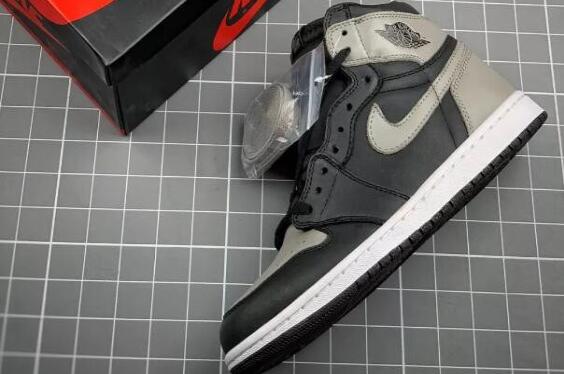a货奢侈品英文(知识讲解篇)
a货奢侈品英文(知识讲解篇),

a货奢侈品英文,
Luxury Goods Luxury goods, also known as high-end or upscale products, are items that are associated with wealth, status, and exclusivity. These products are often made with the finest materials and craftsmanship, and are typically priced at a premium compared to similar products in the market. Luxury goods span a wide range of categories, including fashion, accessories, jewelry, watches, automobiles, electronics, travel, and more. They are sought after by consumers who desire to indulge in a lavish lifestyle and showcase their social standing. The demand for luxury goods has been steadily increasing over the years, fueled by a growing affluent population and a desire to own products that are considered symbols of prestige. International luxury brands such as Louis Vuitton, Gucci, Chanel, Rolex, and Ferrari have become household names, and consumers from around the world aspire to own their iconic products. The luxury goods market is a multi-billion dollar industry, with key markets including Europe, North America, Asia-Pacific, and the Middle East. Luxury goods are often seen as a form of investment, as they retain their value over time and can be passed down through generations. Many luxury brands have a rich history and heritage, which adds to the allure and value of their products. For example, Chanel's iconic quilted handbags and double-C logo have become timeless symbols of sophistication and elegance. Owning a luxury item can also provide a sense of self-confidence and empowerment, as it reflects one's ability to afford such extravagant purchases. One of the defining characteristics of luxury goods is their exclusivity. Luxury brands often produce limited quantities of their products, creating a sense of scarcity and desirability among consumers. This exclusivity is achieved through various means, such as limited edition releases, collaborations with renowned designers or artists, and strict distribution channels. Luxury brands carefully control the accessibility and availability of their products, ensuring that they remain highly coveted by consumers. Luxury goods are not only about the product itself, but also the entire shopping experience. Luxury brands create lavish retail environments, often located in prestigious shopping districts or luxury resorts, to provide consumers with a unique and memorable shopping experience. These stores are designed to exude opulence and sophistication, with high-quality materials, elegant displays, and personalized customer service. Luxury brands also invest heavily in marketing and advertising campaigns to create a sense of aspiration and desire among consumers. However, the luxury goods industry is not without its challenges. Counterfeiting and piracy are major issues faced by luxury brands, as criminals seek to profit from the popularity and demand for luxury goods. Counterfeit products are often made with inferior materials and craftsmanship, and can damage the reputation and image of luxury brands. To combat counterfeiting, luxury brands invest in advanced anti-counterfeiting technologies and work closely with law enforcement agencies to identify and prosecute counterfeiters. The sustainability and ethical practices of luxury brands are also under scrutiny. As consumers become more conscious about the environmental and social impact of their purchases, luxury brands are expected to adopt more sustainable and responsible practices. Many luxury brands are taking steps towards sustainability, such as using eco-friendly materials, reducing waste in production processes, and supporting ethical labor practices. By embracing sustainability, luxury brands can appeal to a wider range of consumers who value both luxury and ethical consumption. In conclusion, luxury goods are synonymous with opulence, exclusivity, and prestige. These high-end products are sought after by consumers who desire to indulge in a lavish lifestyle and showcase their social standing. Luxury brands have a rich history and heritage, creating timeless products that retain their value over time. However, the luxury goods industry faces challenges such as counterfeiting and the need for sustainability. By addressing these challenges, luxury brands can continue to thrive and cater to the desires of affluent consumers.


